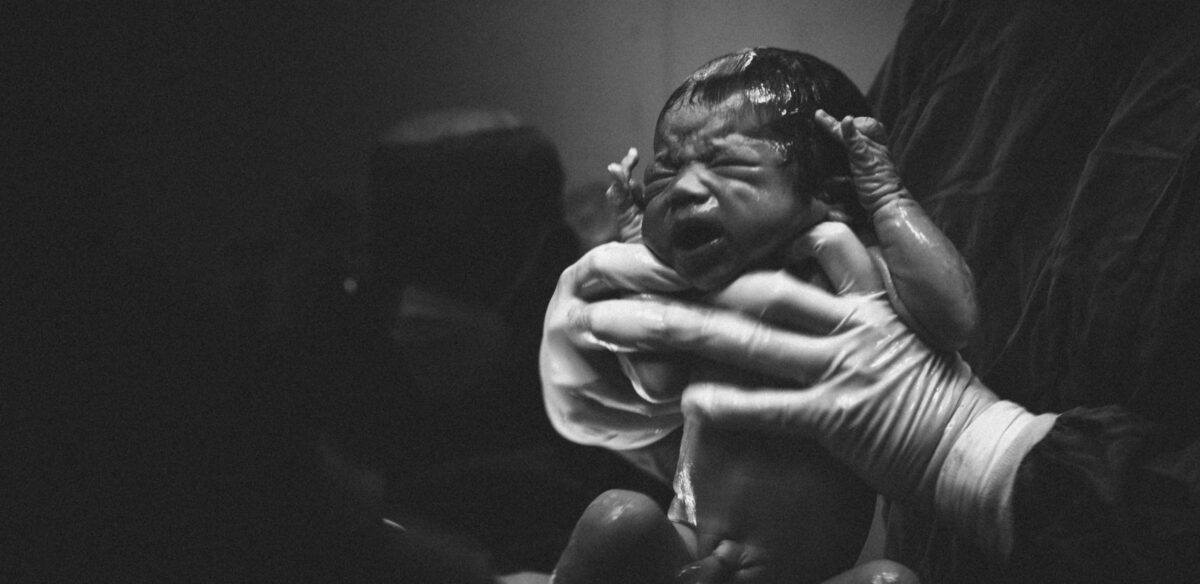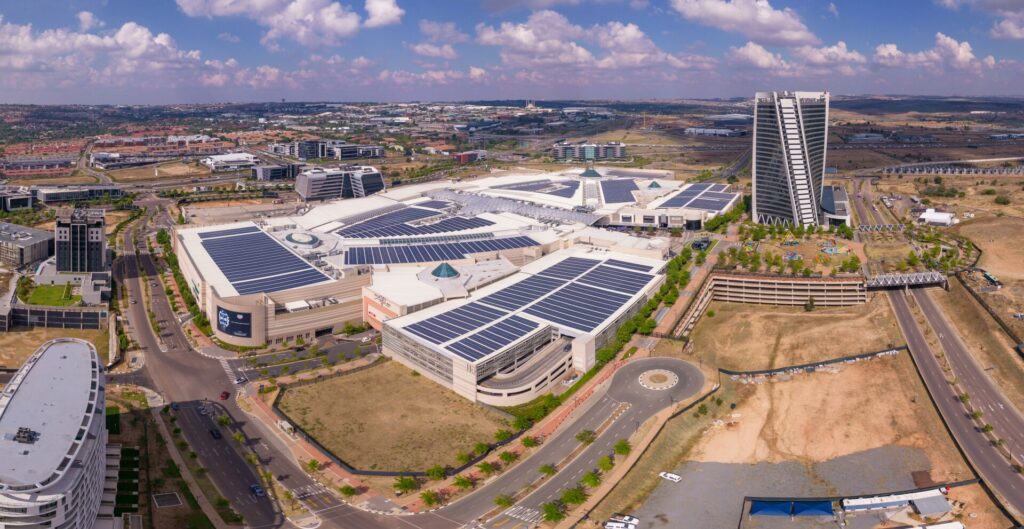7 Types of Pregnancy Injuries From a Car Accident
For expectant mothers, the thought of being in a car accident is a very scary thing to contemplate. In addition to the injuries the mother can sustain, the growing baby can also sustain a variety of injuries.
Pregnant women who are involved in car accidents may face more serious damages and expenses than other injured people.
This is due to the increased cost of monitoring the health of the pregnancy, the increased number of visits to the gynae, and, potentially, the need to treat your baby for any injuries stemming from the accident.
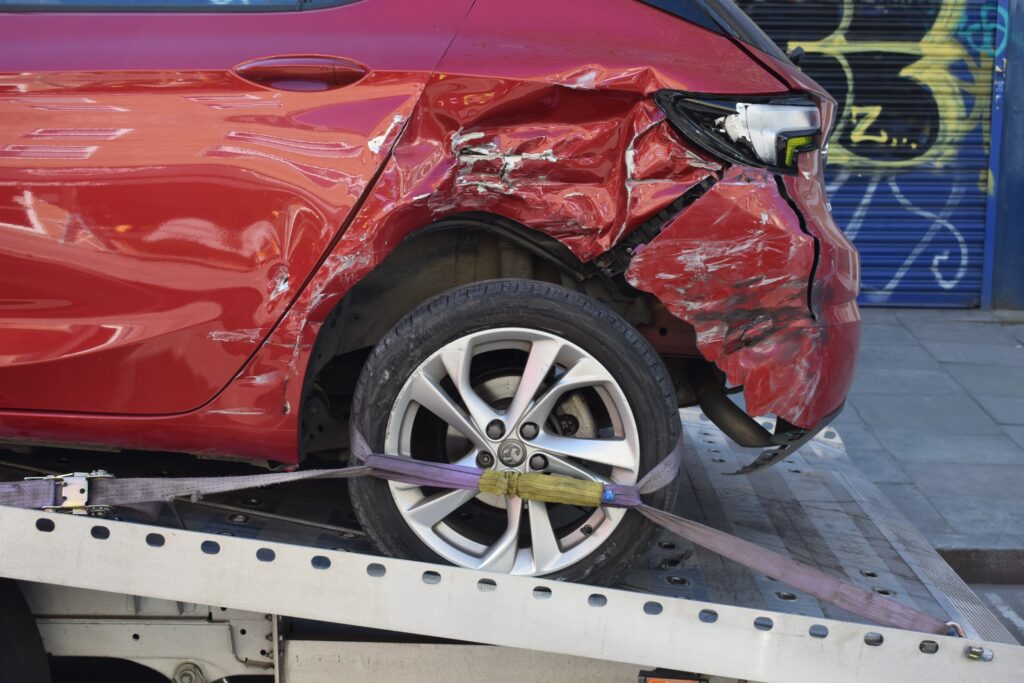
What Types of Injuries Can Occur After a Car Accident While Pregnant?
Miscarriage
The baby is very well protected in its amniotic fluid, so unless the stomach and uterus is punctured, or the woman undergoes a period of cardiac arrest, without breathing, the baby should survive. A miscarriage is rare in the case of most accidents, but you should still get checked as soon as possible.
Premature Birth
Preterm birth is the birth of an infant prior to 37 weeks of pregnancy. A car accident can cause premature birth because of the stress put on the mother’s body during and after the accident.
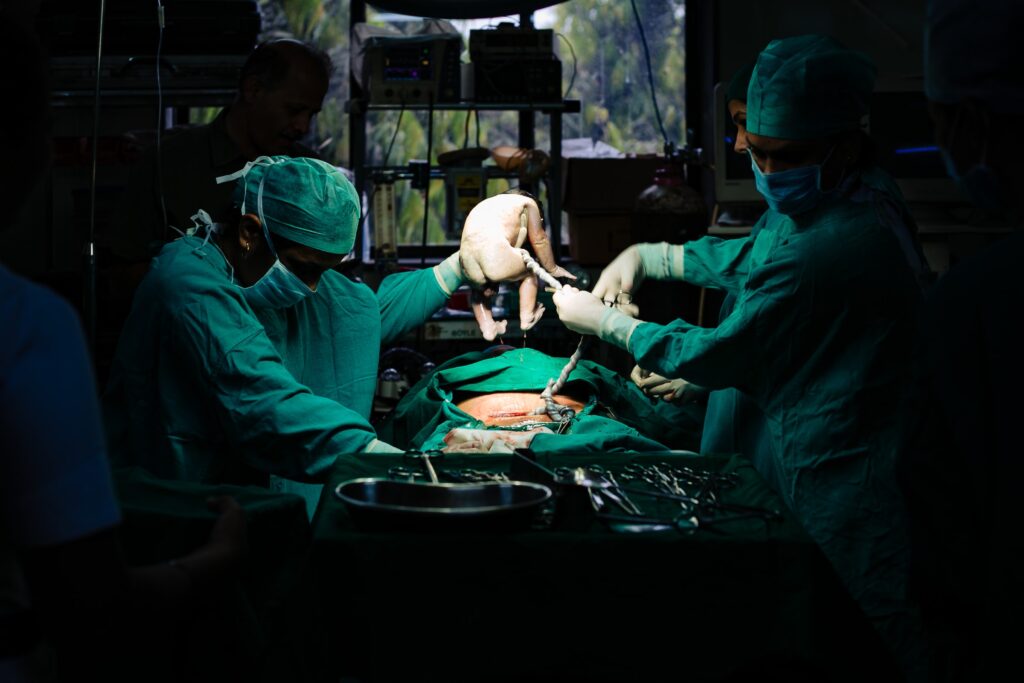
Birth Defects
Direct injuries to the fetus or the baby being born prematurely as the result of a car accident can cause birth defects. Injured and premature babies do not always develop serious disabilities. The earlier a baby is born and the more severe the injuries; the higher the risk for disabilities.
High-risk Pregnancy
Pregnancies are labelled “high-risk” when there are complications with either the mother or the baby that need careful monitoring and observation. Many times, high-risk pregnancies are labelled as such because of a pre-existing medical condition of the mother. However, a high-risk pregnancy can develop after the mother incurs health problems due to a car accident.
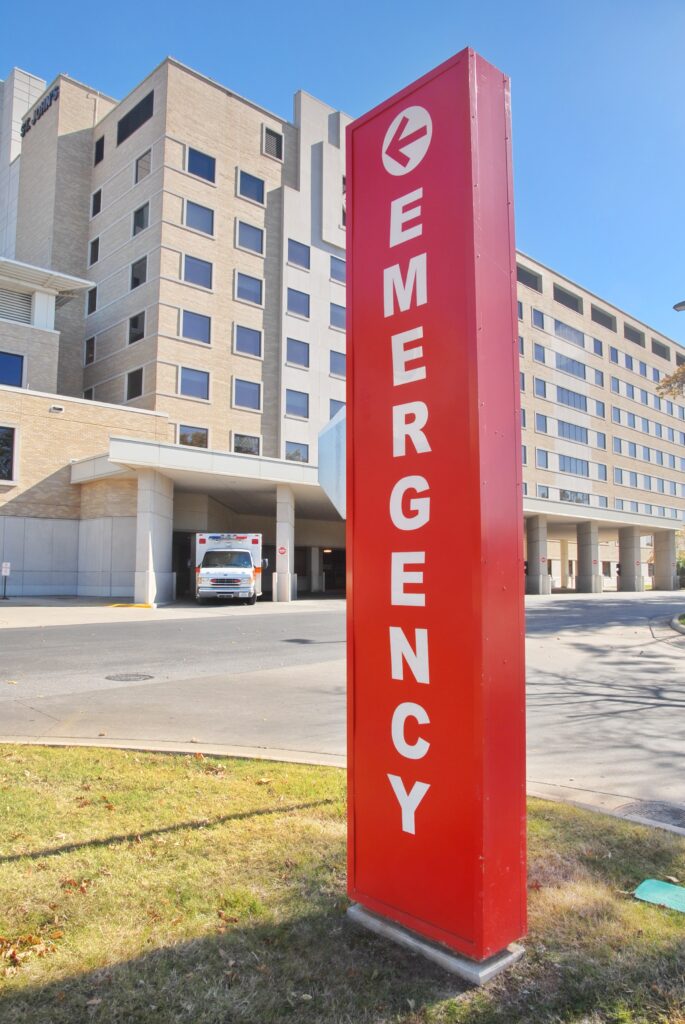
Coup and Contrecoup Injuries
When a moving object impacts the head while stationary, a Coup injury can occur, while Contrecoup injuries are produced when the moving head strikes a stationary object. These injuries often happen during car accidents.
The mother is more likely to be affected by Coup and Contrecoup injuries, but her unborn child can also be injured. In the case of an unborn baby, this type of injury is commonly referred to as “shaken baby syndrome.”
Placental Abruption
A placental abruption is a serious condition in which the placenta partially or completely separates from your uterus before your baby is born. Abdominal trauma sustained during a car accident increases a mother’s chances of placental abruption.
Fetal Trauma
Fetal deaths can occur as a result of a car accidents. Injuries to the baby’s body and or brain can have long-term, life-threatening results. Fetal trauma can result during a car accident from a blow to the mother’s abdomen, or a lack of oxygen if the mother is in distress, but there are other infections and injuries which can have the same results.
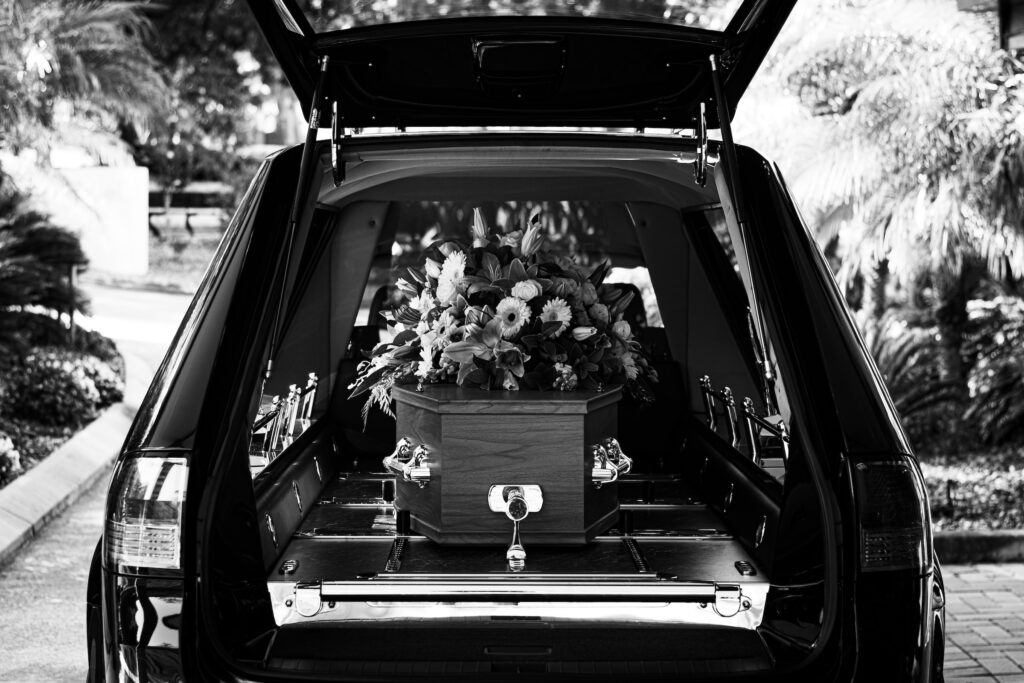
How to Prevent Pregnancy Injuries Resulting From Car Accidents:
Driving may become more uncomfortable as you progress in your pregnancy, but there is no reason you can’t use a car while pregnant. As long as you can fit behind the wheel comfortably, feel free to drive unless otherwise advised by your doctor.

Use these tips to stay safe while driving:
- Follow the rules of the road. You are protecting your unborn child. Many accidents are caused by failing to obey traffic laws and not leaving enough space between your vehicle and others.
- Make sure you are comfortable in the car. Plan your route accordingly, and make sure you have enough time to stop if needed.
- Always wear your seatbelt. It is a common misconception that a seatbelt could cause harm to your baby if you have to brake quickly or are involved in an accident. By placing the seatbelt in the correct spot across your chest (over your bump) and across your pelvis (under your bump) will not negatively impact the baby, rather, it will protect you both in the event of an accident.
If you are in a car accident while pregnant, see your doctor right away regardless of the severity of the accident as a precautionary measure for your unborn baby.
